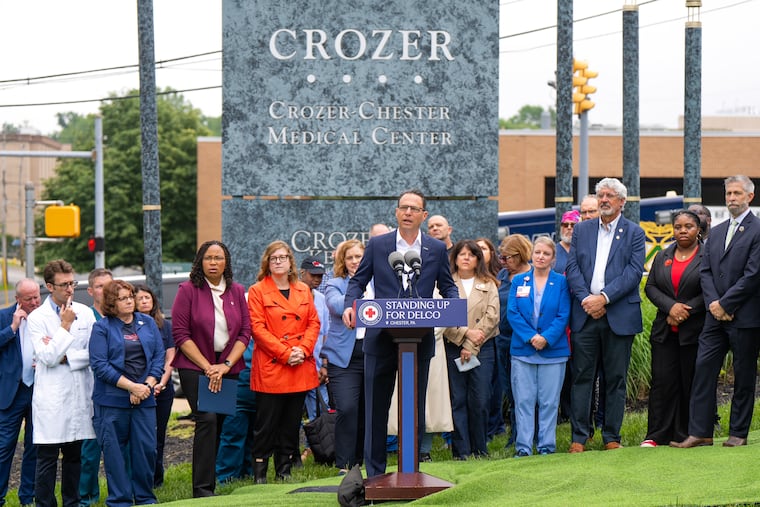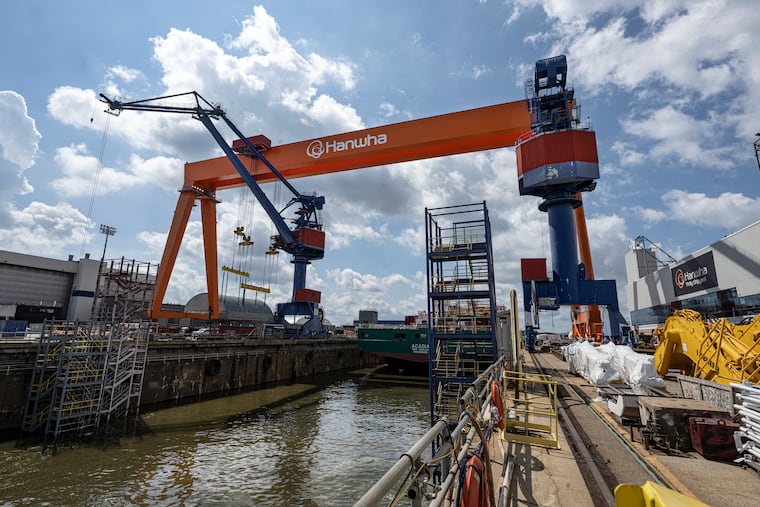Top Pennsylvania Hospitals with Highest Medicaid Revenue Percentage in 2022 Revealed
Crozer-Chester Medical Center, located in Delaware County, Pennsylvania, reported that over 40% of its patient revenue originated from Medicaid in the previous year, marking it as the highest percentage among hospitals in the state. This statistic comes from a recent analysis conducted by the Pennsylvania Health Care Cost Containment Council, a government agency that evaluates healthcare finances and quality across the Commonwealth.
The closure of Crozer-Chester, which took place in May, is attributed to the financial strains associated with its significant reliance on Medicaid revenue. Efforts to find a new operator for the hospital were unsuccessful, largely because the reimbursement rates from Medicaid are considerably lower compared to those from Medicare and private insurance. As a joint state and federal program, Medicaid insures approximately three million low-income residents in Pennsylvania, but its payment structure presents challenges for hospitals that depend heavily on it for revenue.
In addition to Crozer-Chester, the report highlighted fifteen other adult hospitals in Pennsylvania that also received at least 20% of their revenues from Medicaid. Among these hospitals are six from the Philadelphia area, including Jefferson Einstein Hospital, Temple University Hospital, Roxborough Memorial Hospital, Suburban Community Hospital, Jefferson Health Northeast, and Lower Bucks Hospital.
The financial landscape for hospitals that cater to a large volume of Medicaid patients is becoming increasingly precarious. Currently, these institutions are preparing for potential federal funding reductions, driven by legislative changes aimed at curtailing spending on Medicaid. New policies enacted on July 4 are anticipated to take effect primarily in 2028, which could have severe repercussions for facilities that serve vulnerable populations.
Pennsylvania Governor Josh Shapiro’s office has projected that approximately 310,000 residents in the state could lose their Medicaid coverage as a result of these policy shifts. The looming cuts raise significant concerns regarding healthcare access for low-income individuals and families in Pennsylvania, especially as hospitals already navigate the financial strain imposed by a healthcare system that heavily emphasizes lower reimbursement levels for Medicaid services.
As the community response to these developments remains to be seen, the sustainability of hospitals in Pennsylvania that serve a significant number of Medicaid patients is expected to be under intense scrutiny in the coming years.







